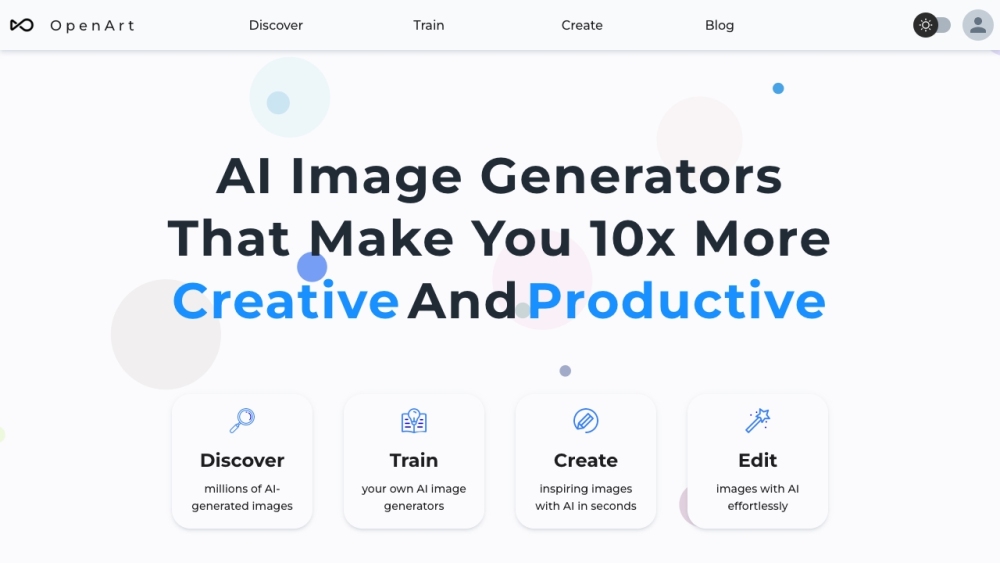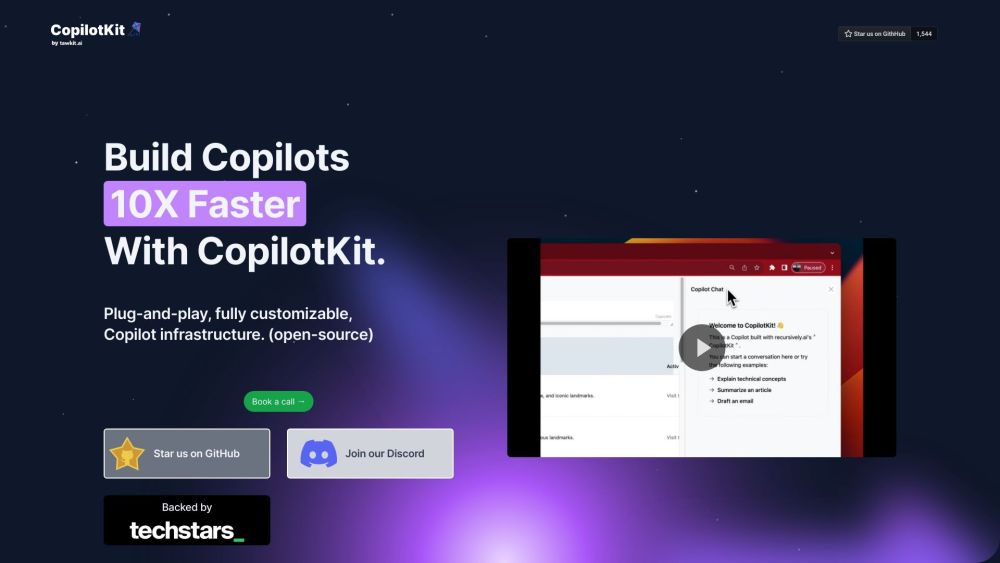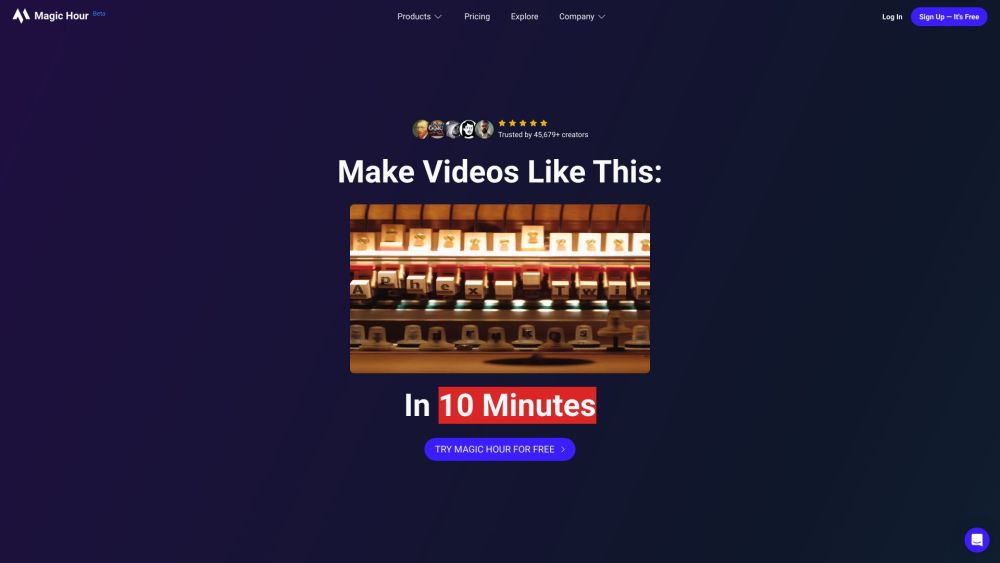Meta has unveiled a significant update to its AI assistant platform, Meta AI, now powered by the open-source Llama 3 large language model (LLM). The company claims this makes it “the most intelligent AI assistant you can use for free.” Meta AI can assist users with a variety of tasks, including studying for tests, planning dinners, and organizing outings.
The AI's presence has expanded beyond Instagram DMs to include Messenger, Facebook feeds, and WhatsApp. Users can also access Meta AI through its dedicated web portal at meta.ai, no company login required. However, note that the web version does not support image generation. Additionally, Meta's recently released Ray-Ban smart glasses will integrate with the assistant, with Quest headset compatibility coming soon.
In terms of image generation, Meta has improved the speed and capability of its tools, allowing users to create images as they type. The platform can also generate custom animated GIFs. There are hopes that Llama 3 will better recognize and depict diverse races in its outputs, addressing previous biases observed in earlier versions.
As part of this update, Meta AI's global availability is expanding, launching in over a dozen countries, including Australia, Canada, Ghana, Jamaica, Pakistan, and Uganda. However, the current limitation is that it only supports English, which may limit its effectiveness in non-English-speaking regions.
Regarding safety and reliability, Llama 3 has been trained on a broader dataset than its predecessor, Llama 2. Meta has employed synthetic data for extensive document training and has excluded sources known for containing high volumes of personal information. The company has conducted evaluations focusing on sensitive topics such as weapons, cyberattacks, and child exploitation, making necessary adjustments to enhance safety.
While AI continues to be a key focus for Meta CEO Mark Zuckerberg, the company is still working to catch up with competitors like OpenAI and Google. Llama 2 did not impress users due to its limited features, but with Llama 3, Meta aims to better engage users and potentially reshape the AI landscape.




